12 Hidden Dangers Lurking in Your Home Right Now
You know that feeling when you finally get home, kick off your shoes, and sigh in relief because you’re in your space? Safe, cozy, familiar. But what if I told you that some of the things sitting quietly around your home could actually be working against you? Yep—those everyday items you barely give a second thought could be hiding dangers that risk your health, safety, and even your pets.
The goal isn’t to bubble-wrap your life (tempting though that may be), but to arm you with some know-how so you can keep your home the sanctuary it’s meant to be. I’m talking about sneaky fire hazards, invisible gases, and yes—even those non-stick pans you love that could be deadly for your feathered friends (seriously, bird owners, stick with me on that one).
Here are 12 hidden dangers that might be lurking in your home right now—and what to do about them. Because peace of mind? That’s one thing I do want you to have in abundance.
1. Dryer Lint: A Flammable Foe
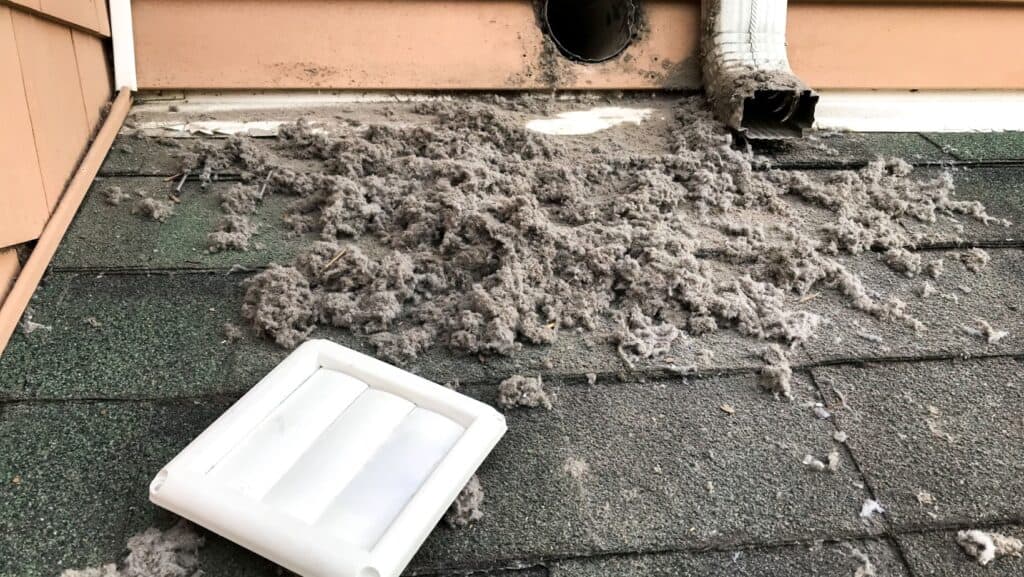
It’s easy to overlook, but lint buildup in your dryer is a serious fire hazard. According to the U.S. Fire Administration, dryers cause approximately 2,900 fires annually, with lint accumulation being a leading culprit. Even if you clean the lint trap regularly, lint can still accumulate in the venting system, posing a risk. To mitigate this danger, clean the lint filter after every load and have your dryer vent inspected and cleaned at least once a year.
2. Furniture Tip-Overs: Hidden Hazards
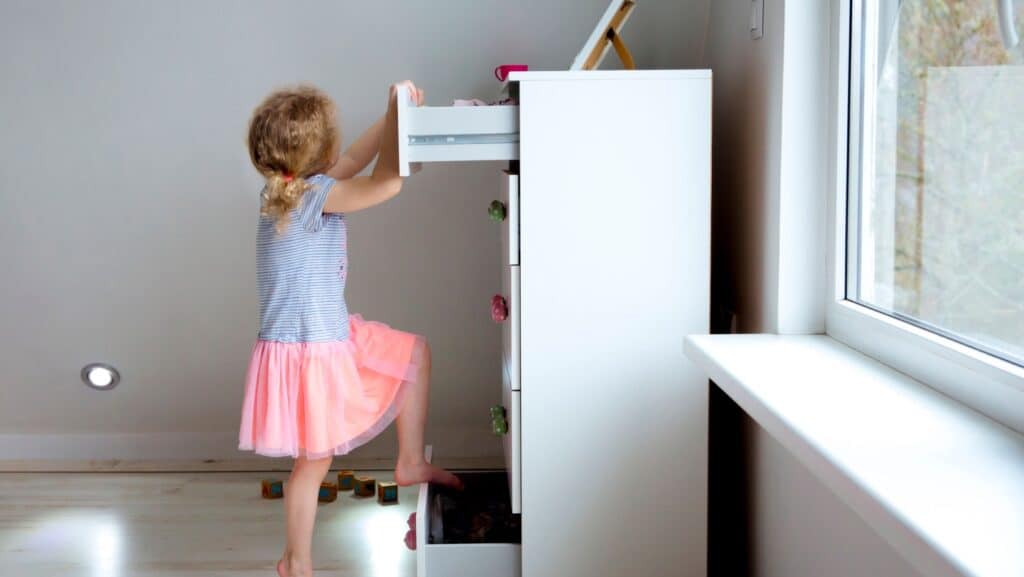
That towering bookshelf or heavy dresser might seem stable, but if not properly secured, it can tip over, especially if children attempt to climb them. The Consumer Product Safety Commission reports numerous injuries and fatalities each year due to furniture tip-overs. To prevent accidents, anchor heavy furniture to the wall using safety straps or brackets, and place heavier items on lower shelves to maintain stability.
3. Carbon Monoxide: The Invisible Threat

Carbon monoxide (CO) is an odorless, colorless gas that can be deadly. It’s produced by fuel-burning appliances like furnaces, stoves, and water heaters. Without proper ventilation or maintenance, CO can accumulate in your home. Install CO detectors on every floor and near sleeping areas, and have your appliances inspected annually.
READ: The Silent Killer: What You Need to Know About Carbon Monoxide Poisoning
4. Mold: More Than Just an Eyesore
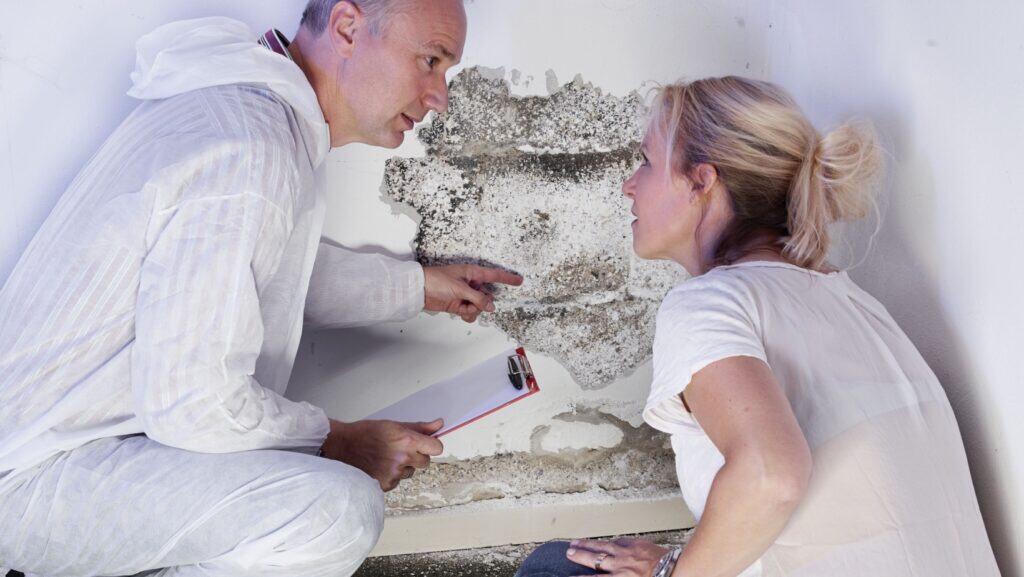
Mold thrives in damp, humid environments and can cause respiratory issues, especially for those with allergies or asthma. It often hides behind walls, under carpets, or in basements. To combat mold, control humidity levels, fix leaks promptly, and ensure proper ventilation in moisture-prone areas.
5. Household Cleaners: Toxic Mix

Many cleaning products contain chemicals that can be harmful if inhaled or ingested. Mixing certain cleaners, like bleach and ammonia, can produce toxic gases. Always read labels, use products in well-ventilated areas, and store them out of reach of children.
6. Air Fresheners: Scented Dangers
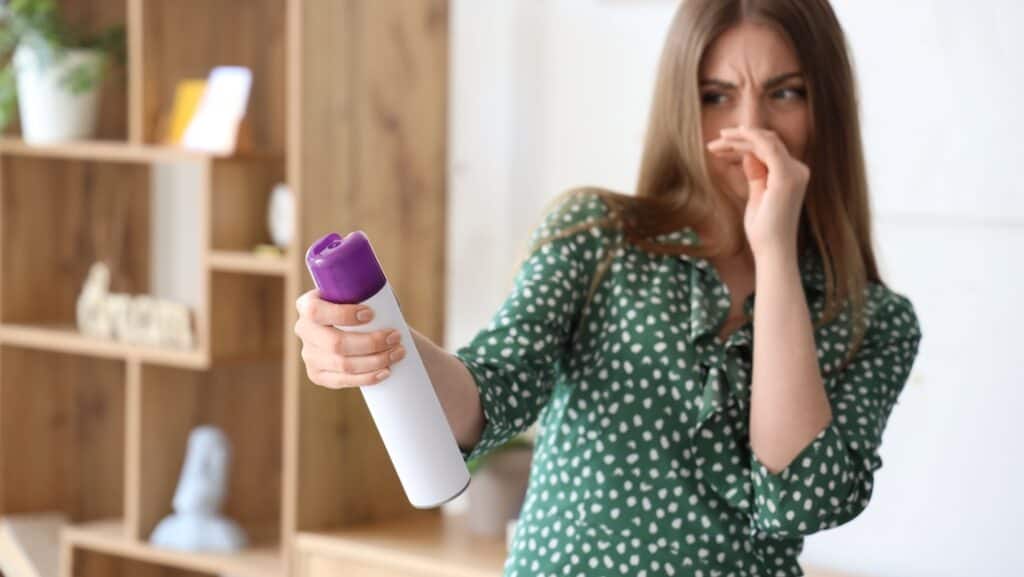
While they make your home smell pleasant, some air fresheners release volatile organic compounds (VOCs) that can irritate the respiratory system and contribute to indoor air pollution. Consider using natural alternatives like essential oils or baking soda to freshen the air.
7. Non-Stick Cookware: Hidden Chemicals

Non-stick pans often contain polytetrafluoroethylene (PTFE), which can release toxic fumes when overheated. These fumes are especially dangerous to pet birds, potentially causing sudden death. To minimize risks, avoid overheating non-stick cookware and ensure proper kitchen ventilation. And certainly get rid of any that are scratched.
8. Extension Cords: Overloaded and Overlooked
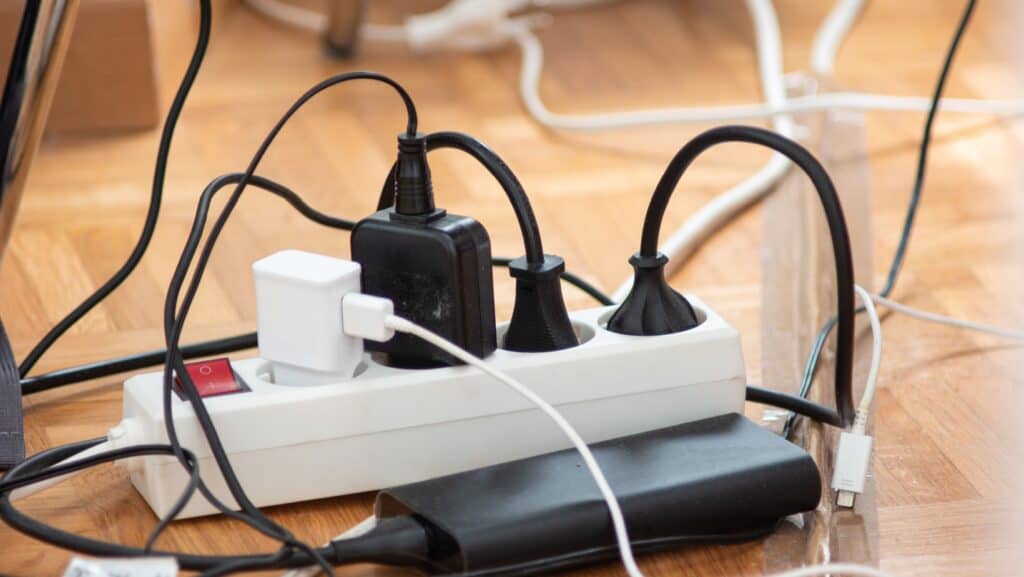
Overloading extension cords can lead to overheating and fires. They’re meant for temporary use, not as permanent solutions. Ensure cords are rated for their intended use, don’t daisy-chain them, and replace any that are damaged.
9. Lead Paint: Silent Poison
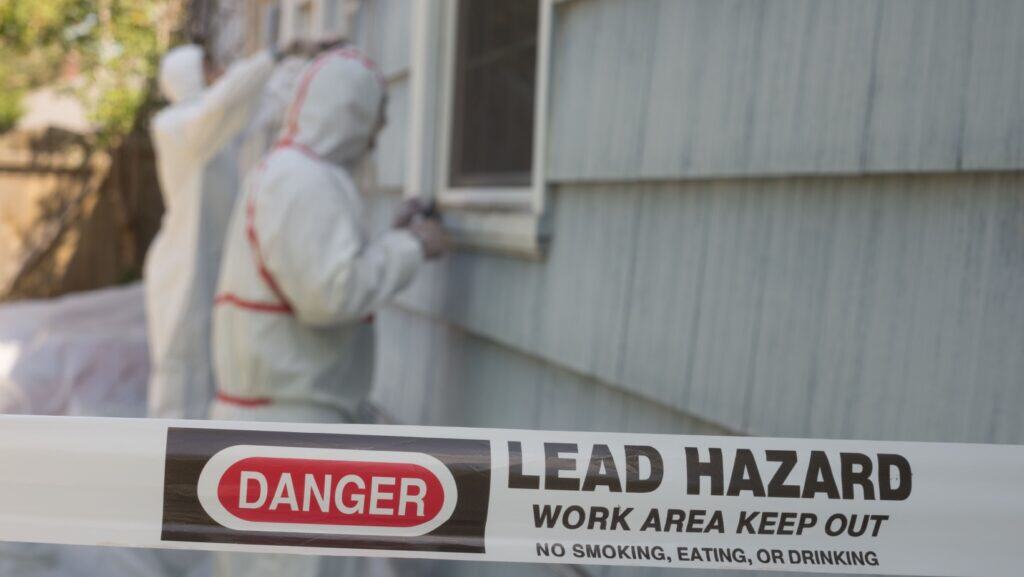
Homes built before 1978 may contain lead-based paint, which can be hazardous, especially to children. Lead exposure can cause developmental issues and other health problems. If you suspect lead paint, have it tested and removed by professionals.
10. Cluttered Stairways: Trip and Fall Hazards
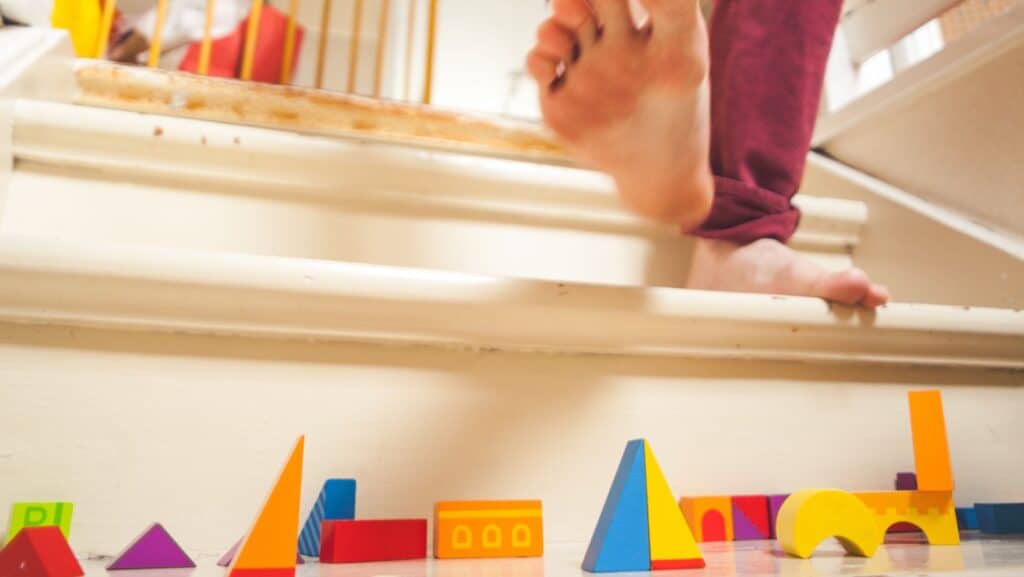
Items left on stairs, like toys or shoes, can cause trips and falls. Ensure stairways are clear, well-lit, and have secure handrails. Regularly check for loose carpeting or steps.
11. Window Blind Cords: Strangulation Risk
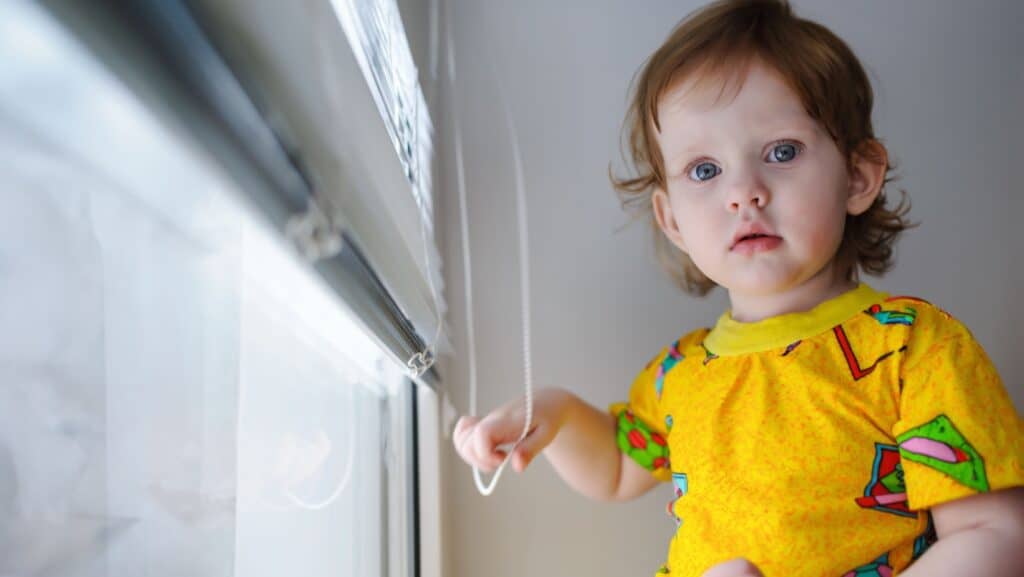
Long cords on window blinds pose a strangulation hazard to young children. Opt for cordless blinds or use safety devices to keep cords out of reach. Regularly inspect blinds for potential risks.
12. Space Heaters: Cozy but Risky

Space heaters can cause fires if placed too close to flammable materials or left unattended. Always follow manufacturer guidelines, keep them away from curtains and furniture, and never leave them on while sleeping or away from home.
Stay Safe at Home

While our homes are places of comfort, it’s crucial to be aware of hidden dangers that can pose risks to our safety. Regular maintenance and safety checks can go a long way in preventing accidents. Stay informed and proactive to ensure your home remains a safe haven.
12 Everyday Items You Shouldn’t Keep in Your Bathroom (But Probably Are)

It seems logical to keep daily-use items like makeup, medicine, or even jewelry in the bathroom—but that warm, humid space isn’t as harmless as it looks. Steamy showers, fluctuating temps, and limited ventilation can wreak havoc on certain products and possessions. Here are 12 things you should absolutely keep out of your bathroom—and where to store them instead.
READ: 12 Everyday Items You Shouldn’t Keep in Your Bathroom (But Probably Are)
Join Us

Join us on this empowering journey as we explore, celebrate, and elevate “her story.” The Queen Zone is not just a platform; it’s a community where women from all walks of life can come together, share their experiences, and inspire one another. Welcome to a space where the female experience takes center stage. Sign up for our newsletter so you don’t miss a thing, Queen!






